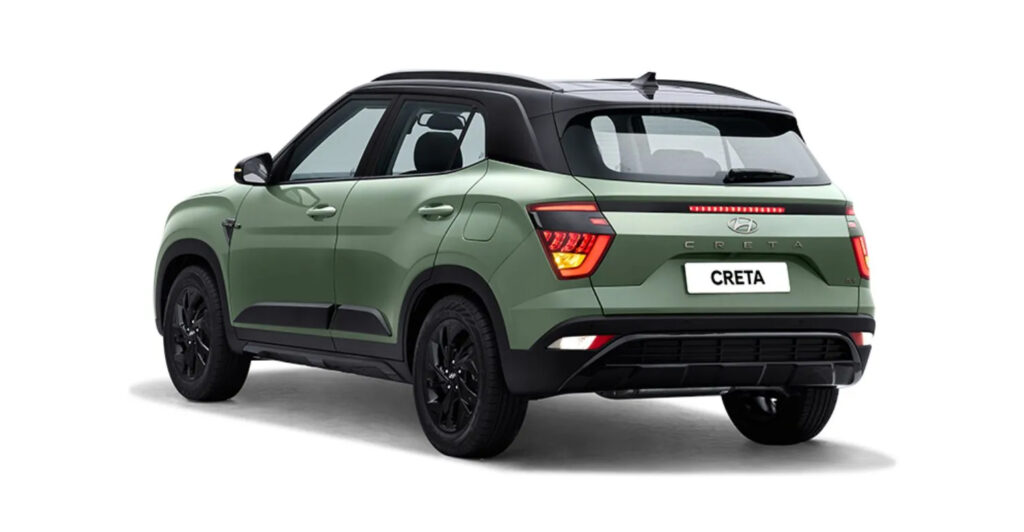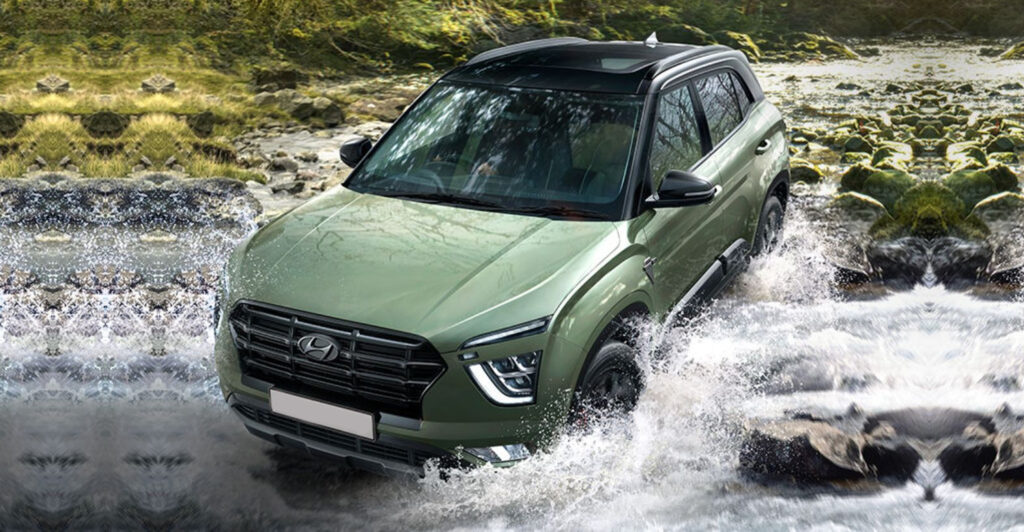The third-generation Creta is set to impress with a range of engine options, including hybrid, petrol, and diesel choices, as well as an updated version of the Creta Electric. We’ve previously reported on the ongoing development of the third-gen Hyundai Creta (codenamed SX3), and we can now confidently confirm that a hybrid powertrain will be available by 2027. This exciting development means that the new Creta will offer an impressive total of four engine options: two petrol variants, one diesel option, and a petrol-hybrid.
Additionally, this new Creta will share its cutting-edge hybrid technology with the second-generation Seltos. In terms of competition, it will face rivals like the Grand Vitara, Hyryder, and Duster hybrid, making it a formidable choice in the midsize SUV market.
New Hyundai Creta hybrid details

Introducing the 1.5-litre naturally aspirated petrol engine, now set to be hybridized! In addition to the existing engine lineup—which includes a robust 115hp 1.5-litre petrol, a powerful 160hp direct-injection turbo-petrol, and a reliable 116hp diesel—Hyundai is excited to add a cutting-edge 1.5-litre petrol-hybrid option in the new Creta.
Just like its sibling from Kia, the Seltos, this midsize SUV will harness the benefits of hybrid technology with its advanced naturally aspirated four-cylinder engine. Anticipated for release in 2027—after Hyundai India launches its first hybrid SUV positioned between the Alcazar and Tucson—the Creta hybrid will confidently compete with noteworthy rivals like the Kia Seltos hybrid, Maruti Suzuki Grand Vitara, and Toyota Urban Cruiser Hyryder. Furthermore, by then it will face off against competitors such as the Renault Duster hybrid and Nissan’s equivalent model.
Additionally, prepare for an exciting update: while we’re not witnessing a full model change for the Hyundai Creta Electric in 2027, it will receive an attractive mid-cycle refresh that promises enhanced features and styling.
Hyundai India’s hybrid plans

Hyundai India is strategically intensifying its focus on hybrids, and there are compelling reasons for this approach. With a well-defined product and platform strategy aimed at the lucrative Rs 15 lakh-30 lakh SUV market, Hyundai is not just responding to consumer demand but also navigating emerging challenges. Given the current limitations in EV infrastructure and increasing regulatory pressures from CAFE Phase 3 norms, it’s clear that developing hybrid SUVs is a smart move. These vehicles promise to deliver superior efficiency while catering to both domestic and export markets, positioning Hyundai as a leader in an evolving automotive landscape.


Comments are closed.